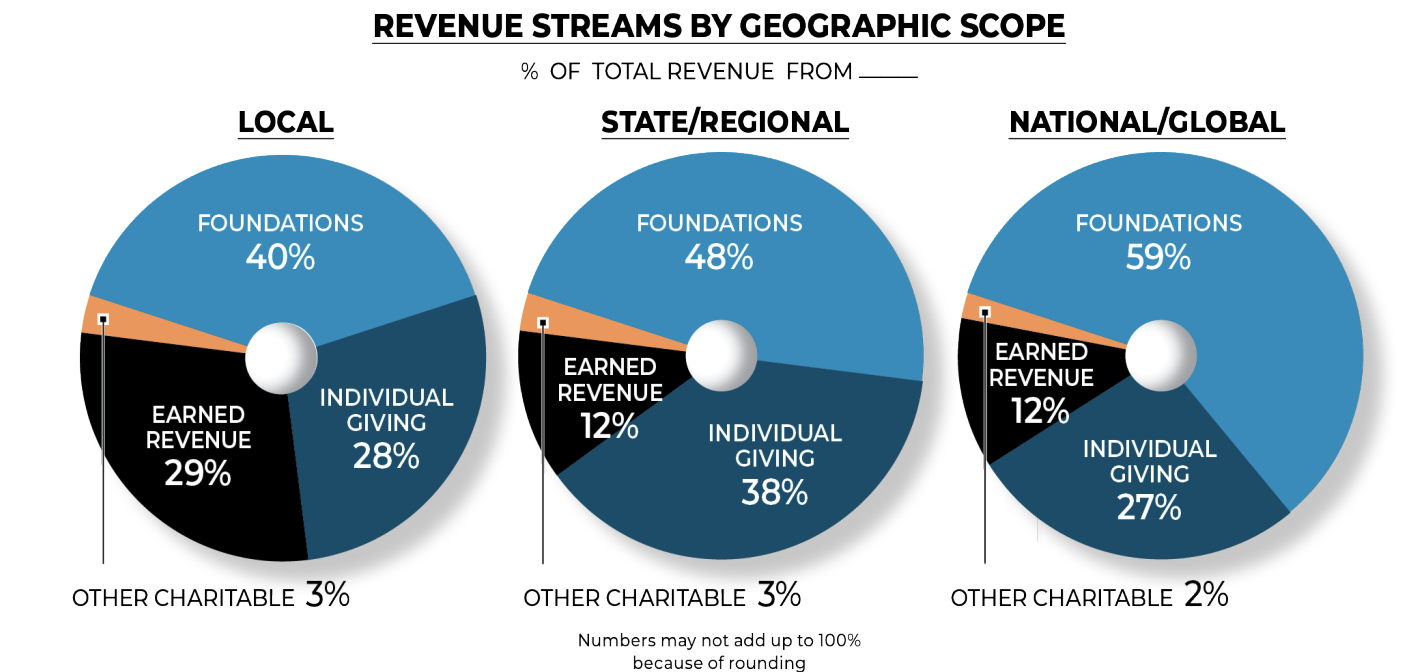Local news sites have accounted for 55% of all U.S. nonprofit news sites launched since 2017, and last year, 65% of launches were local, according to the new annual report from the Institute for Nonprofit News.
By 2024, INN projects, local news sites — rather than national or global sites like ProPublica and The Intercept — will make up the bulk of nonprofit news sites.
Most survey respondents appear to have weathered the pandemic. Looking at a smaller cohort of 92 outlets, INN found that two-thirds of them increased their total annual revenue between 2018 and 2021. Foundation funding remains the largest funding source for most outlets surveyed.

Earned revenue remains a “volatile” revenue stream, meanwhile, especially for local nonprofit sites: “Median earned revenue for local outlets dropped in 2020 and again in 2021 to just under $29,000 per outlet, lower by nearly a third than the pre-Covid level.”
And local news nonprofits are increasingly launching in the Southeast and the West, the researchers found: “The number of local startups doubled in these regions compared to the previous two-year period.”
You can read the full report here.